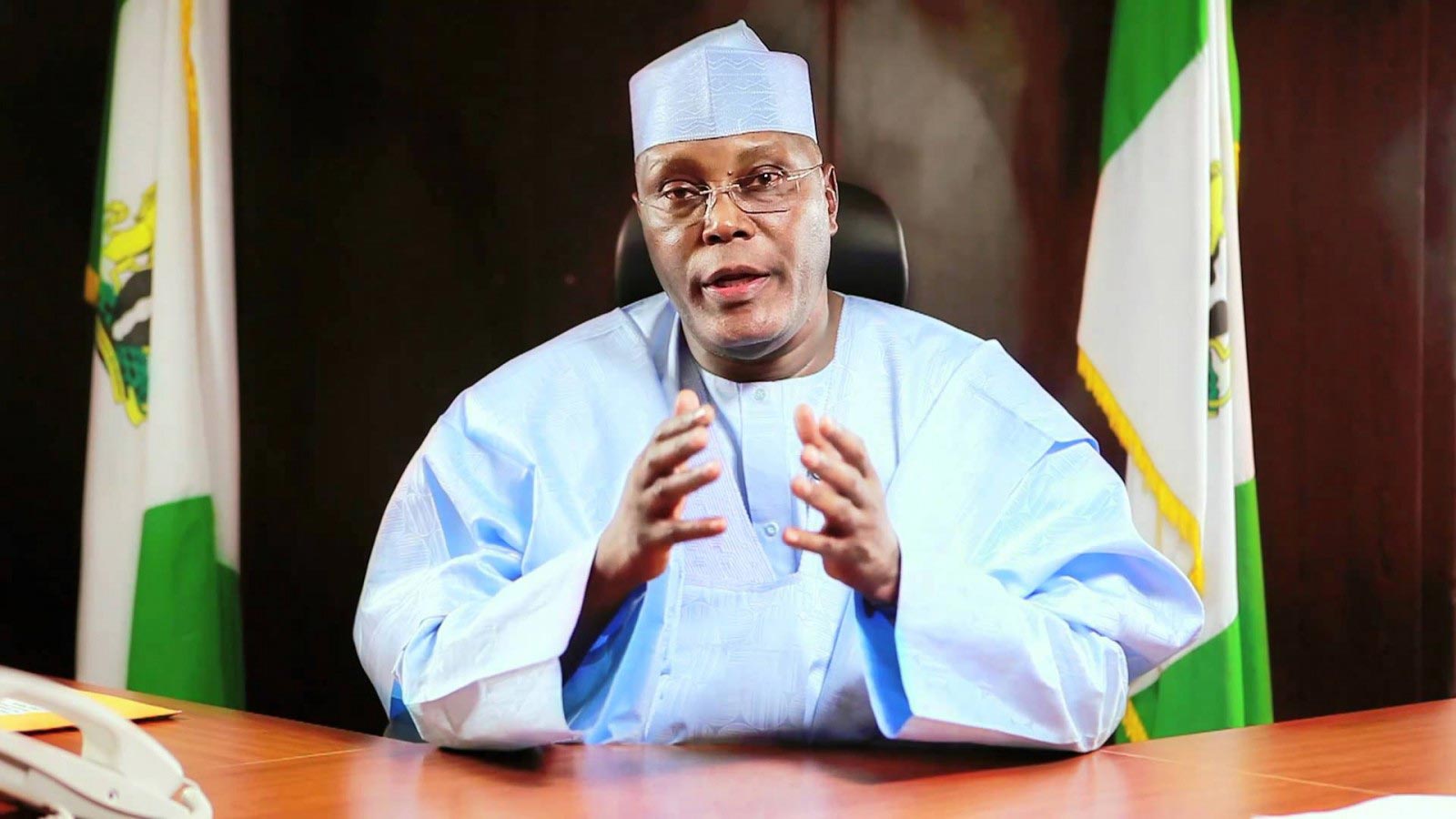Former vice president of Nigeria, Atiku Abubakar will on Wednesday, September 24, 2014 declare his ambition to run for the office of president on the platform of the opposition All Progressives Congress (APC) in a move aimed at forestalling any last minute change of heart.
The APC will begin the process of selecting a presidential candidate in October 2014 through a modified direct ballot primaries.
The presidential election is scheduled to take place on Saturday, February 14, 2015 as announced by the Independent national Electoral commission (INEC)
Premium Times reports:
PREMIUM TIMES sources said the decision of Mr. Abubakar to signify his intention to seek election to the nation’s highest political office was reached at a meeting by his aides on Monday, September 1, 2014 in Yola, the Adamawa State capital.
The details of the meeting are still sketchy because the politician was in Imo State on Monday, September 1, 2014 to chair a lecture organised by the Progressives Governors Forum.
Atiku, reputed to have built impressive political structure across the country, served as vice president between 1999 and 2007 in the administration of former President Olusegun Obasanjo.
When he finally declares his intention, it would be the fourth time the former vice president has shown interest in the nation’s highest office.
He bided for the presidential ticket of the defunct Social Democratic Party [SDP] ahead of the annulled 1993 presidential election. The late multimillionaire businessman cum politician, Moshood Abiola, won that primary and eventually the presidential election.
In 2007, the former vice president was the presidential candidate of the defunct Action Congress, AC, but lost to the late president, Umaru Yar’Adua, who was the candidate of the Peoples Democratic Party, PDP.
In 2011, Atiku contested the PDP presidential primaries, but was beaten by the incumbent president, Goodluck Jonathan. He had returned to the PDP in 2009 and was granted waiver to run for the position.
But the former president again resigned from the PDP in February and defected to the APC a few weeks after the leadership of the opposition party led by its then interim National Chairman, Bisi Akande, visited him at his Abuja home asking him to join the opposition party.
In a statement he personally signed at the time, Atiku said he was leaving the PDP because of the “culture of impunity and arbitrariness,” perpetrated by leaders of the PDP.
According to him, as a former Vice President, he was by virtue of the PDP constitution, a member of the party’s Board of Trustees and its National Executive Committee. He, however, complained that he was not invited to the meetings of those organs nor consulted on their decisions, apparently because he dared to exercise his right to contest in the party’s primary election for a chance to be its flag-bearer in the 2011 elections.
He said as a result of his firm stand in defence of the nation’s constitution and democracy, he and his supporters were pushed out of the ruling party he worked tirelessly to build as a vehicle to restore democracy to our country.
He said he concluded that the ruling party could not be redeemed, adding “In short the PDP has abandoned Nigerians, the very people who gave it life and many electoral victories.”
Atiku added, “We continue to have threats from officially protected political extremists. Increasingly our people are recklessly being divided along the lines of religion, ethnicity and region for political gains,” he said.
“The process of building a nation, of securing and deepening democracy is indeed difficult. And it is not a lineal process.”
“There would be alignment and realignment of political forces. There would be ups and downs and zig-zags, triumphs and challenges. Amidst all that, patriots must remain focused and do what has to be done to save and build the country and serve our people better.
Atiku said following extensive consultative process, he decided to pitch tent with the APC because of what it stands for.
“I have, therefore, decided to cast my lot with the APC, a party of change committed to the improvement of the lives of our people and to the continued existence and development of Nigeria as one indivisible country,” he said.
However, the former vice president may not have a smooth sail in actualizing his ambition of picking the presidential ticket of the Nigeria’s main opposition party.
There are indications that a former head of state, Muhammadu Buhari, Governor Rabi’u Kwankwaso of Kano State and a former governor of Kwara State and now senator representing Kwara South Senatorial District, Bukola Saraki, are angling for the presidential ticket of the APC.
Others, who may seek for the party’s ticket, are Governor Rochas Okorocha of Imo State and the publisher of Leadership Newspaper, Sam Nda-Isaiah, who hails from Niger State.
There are indications that the Speaker of the House of Representatives, Aminu Tambuwal, who though is a member of the PDP, will defect to the APC soon where he will also seek the APC presidential ticket.
The trio of Messrs Buhari, Kwankwaso and Nda-Isaiah, like Atiku, hail from the northern part of the country, to which the APC might zone the presidential position to.
While the former vice president hails from Adamawa State in the North East, Messrs. Buhari and Kwankwaso are from the North West zone.
The position of the national chairman is held by John Odigie-Oyegun from Edo State in the South-South zone, a clear pointer that the presidential candidate will come from the North.
Should Mr. Buhari decide to contest the presidential position he would be doing so for the third time. He was twice, in 2003 and 2007, the presidential candidate of the defunct All Nigeria Peoples Party, ANPP, and that of the defunct Congress for Progressives Change, CPC, in 2011.
Of the lot, the former military head of state is the oldest. He is 72 while Mr. Abubakar is 68 and Mr. Kwankwaso 58. Messrs. Saraki, Nda-Isaiah and Okorocha are 52 years old.







